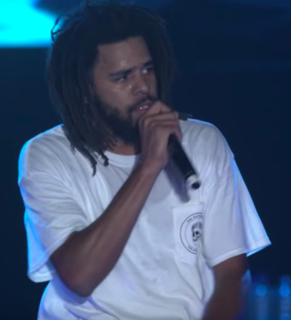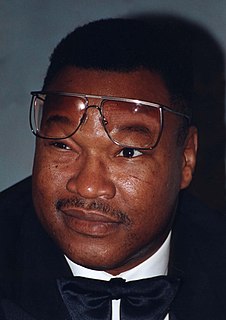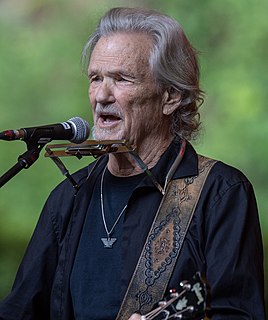A Quote by John Darnielle
[Dennis] Etchison would write stories that were just punch lines at the end. You wouldn't realize something horrific was happening until the last paragraph.
Related Quotes
I just wanted to speak to you about something from the Internal Revenue Code. It is the last sentence of section 509A of the code and it reads: 'For purposes of paragraph 3, an organization described in paragraph 2 shall be deemed to include an organization described in section 501C-4, 5, or 6, which would be described in paragraph 2 if it were an organization described in section 501C-3.' And that's just one sentence out of those fifty-seven feet of books.
I believe that if a child has a feel for writing and wants to write, there is an audience. Children should just dive in and go at it. I would encourage children to write about themselves and things that are happening to them. It is a lot easier and they know the subject better if they use something out of their everyday lives as an inspiration. Read stories, listen to stories, to develop an understanding of what stories are all about.
I don't write as much now as I used to, but I write. The lines still come, maybe periodically, and I'll go through these little bursts of time where I write a lot of things then a long period of time where maybe I don't write anything. Or these lines will come into my head and I'll write 'em down in a little book, just little sets of lines, but I won't try to make stories or poems out of them. I'm doing a lot of that now, just the lines.
When I first started rapping, when I switched my style to more like a punch line style - this is when I'm like 13 years old - and I switched it to this real wordy - I was trying to rap like Canibus and like Eminem. It was real lyrical, real wordy and punch lines and, when I would come up with these punch lines and spit 'em in these cyphers, the minute the cyphers would be like, "Ohhh" and everybody would break away, it was a new feeling for me. It was like, "Oh, yo, you see what I just did?" I was addicted to that feeling, and I still love that feeling.







































